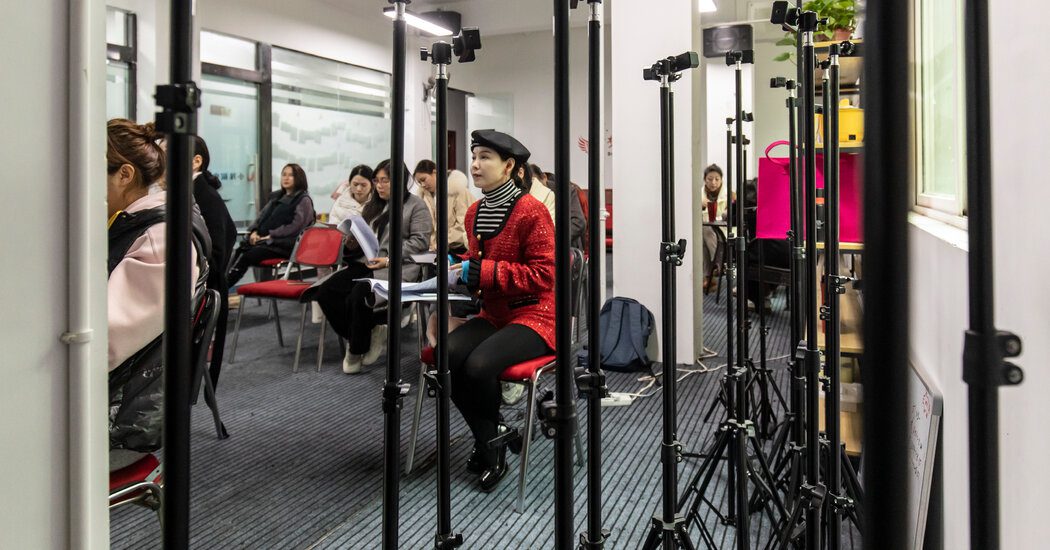Global Courant 2023-04-28 14:00:46
A high-tech new opportunity
Growing up, Taiping could hardly imagine making a fortune in any way, let alone talking into his phone. Born in the plains of Inner Mongolia, a region in northern China where temperatures can drop to minus 20 degrees, he left school after fifth grade and worked as a shepherd, security guard and truck driver. He barely spoke Mandarin, China’s dominant language, as his teachers had taught mainly in Mongolian.
In 2015, noticing that his town’s scenic grasslands were attracting tourists, Taiping, then age 30, decided to borrow $15,000 to make and sell his own beef jerky. But weeks later, the tourist season ended.
Then a friend introduced him to Kuaishou.
The app, pronounced kwai-show, started as China’s first short video platform, a place where users shared clips of themselves dancing, cooking or harvesting crops. Taiping soon saw business potential: He started posting pre-recorded videos of his jerky and sending it to people who messaged him to buy.
Soon another opportunity presented itself. Kuaishou itself was also looking for ways to make money, and around the time Taiping joined it introduced live streaming. Initially, streamers made money purely from performing, trying to attract fans who could send virtual tips; the platform got a cut. But soon some streamers started performing bizarre stunts to lure viewers, such as eating light bulbs or discussing topics considered taboo, such as teenage pregnancy.
Chinese officials, alarmed by what they called “vulgar” content, ordered the company to clean up. Kuaishou scrambled for a new direction and landed on live sales in 2018. By encouraging streamers to sell products, it could still capitalize on the popularity of live streaming, but in a more predictable context.
The Shining Promise and Dashed Dreams of Chinas
Asia Region News ,Next Big Thing in Public Knowledg








